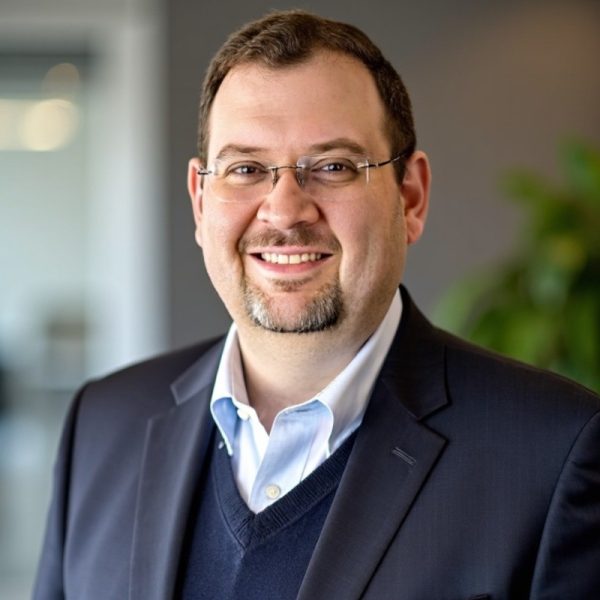Dr. Muhamad Aly Rifai is a Syrian-American psychiatrist recognized for his contributions to non-invasive brain stimulation therapies and telepsychiatry. With a medical career revolving around clinical psychiatry and research, Dr. Rifai has played a key role in expanding access to innovative treatments for individuals with treatment-resistant mental health conditions.
Particularly, he has treated major depressive disorder (MDD), obsessive-compulsive disorder (OCD), anxiety, and nicotine addiction. One of Dr. Rifai’s areas of focus is Transcranial Magnetic Stimulation (TMS), a non-invasive procedure that uses magnetic pulses to stimulate specific brain regions.
This technique has shown particular efficacy in patients who do not respond to typical psychiatric medications or psychotherapy. Dr. Rifai’s work is grounded in the early development of TMS, which originated in 1985 with research by Anthony Barker.
However, rapid progress in the field occurred in the early 2000s with the development of the H-Coil by Abraham Zangen and Yiftach Roth, in collaboration with the National Institute of Mental Health (NIMH). Dr. Rifai was involved in this field during an early period, building on these advancements through clinical application and research.
Since 2015, Dr. Rifai has implemented Deep TMS using BrainsWay’s H-Coil technology in his clinical practice at Blue Mountain Psychiatry in Pennsylvania. Deep TMS enables broader and deeper stimulation of brain structures than conventional figure-8 coil TMS systems. Dr. Rifai’s clinics have treated over 500 patients with BrainsWay’s devices, offering therapeutic interventions for MDD, OCD, anxiety disorders, and addiction.
Notably, Dr. Rifai was responsible for introducing Pennsylvania’s first helmet-based Deep TMS protocol specifically designed for smoking cessation, positioning him among the early adopters of this treatment modality. His contributions also include clinical trials and data collection related to the efficacy of Deep TMS.
Randomized controlled trials conducted under his direction have reported positive outcomes. For example, BrainsWay’s Deep TMS system showed statistically significant improvements in response and remission rates for patients with MDD compared to both medication and traditional TMS protocols.
In OCD trials, more than one-third of participants experienced marked symptom improvement following six weeks of treatment. These outcomes have contributed to the growing body of evidence supporting Deep TMS as an effective intervention for otherwise difficult-to-treat psychiatric conditions.
His work on nicotine addiction is also a notable component of his clinical practice. Smoking cessation remains a significant public health concern, and available treatment options have historically shown limited long-term efficacy.
Clinical trials led by Dr. Rifai’s practice using Deep TMS for nicotine addiction have produced abstinence rates of approximately 25% at four weeks post-treatment, a figure that exceeds many current cessation therapies.
Apart from TMS, Dr. Rifai has also been active in telepsychiatry. In 2006, he founded Pennsylvania’s first emergency telepsychiatry program, anticipating the expansion of remote mental health services well before they became widely adopted during the COVID-19 pandemic.
To date, he has accumulated over 20,000 hours of telepsychiatric consultation, providing services to rural and underserved communities and helping integrate telemedicine into emergency care workflows.
Dr. Rifai has been profiled by The Morning Call as a “Newsmaker,” displaying his clinical activities and involvement in research and mental health advocacy. He also holds an academic role as Clinical Professor of Psychiatry and Medicine, contributing to the education of future physicians and promoting evidence-based psychiatric practice.
In his public presentations and academic contributions, Dr. Rifai has highlighted the clinical utility of Deep TMS. He highlights the technology’s ability to reach deeper brain regions with minimal side effects, primarily transient mild headaches, and a low incidence of serious adverse events. These attributes have made Deep TMS a viable alternative or adjunct for patients not responding to traditional interventions. Dr. Rifai’s career merges clinical practice, technological innovation, and health systems development. His sustained focus on TMS and telepsychiatry has contributed to improving treatment outcomes for a large number of patients and influenced how modern psychiatric care is delivered in clinical and remote settings.





